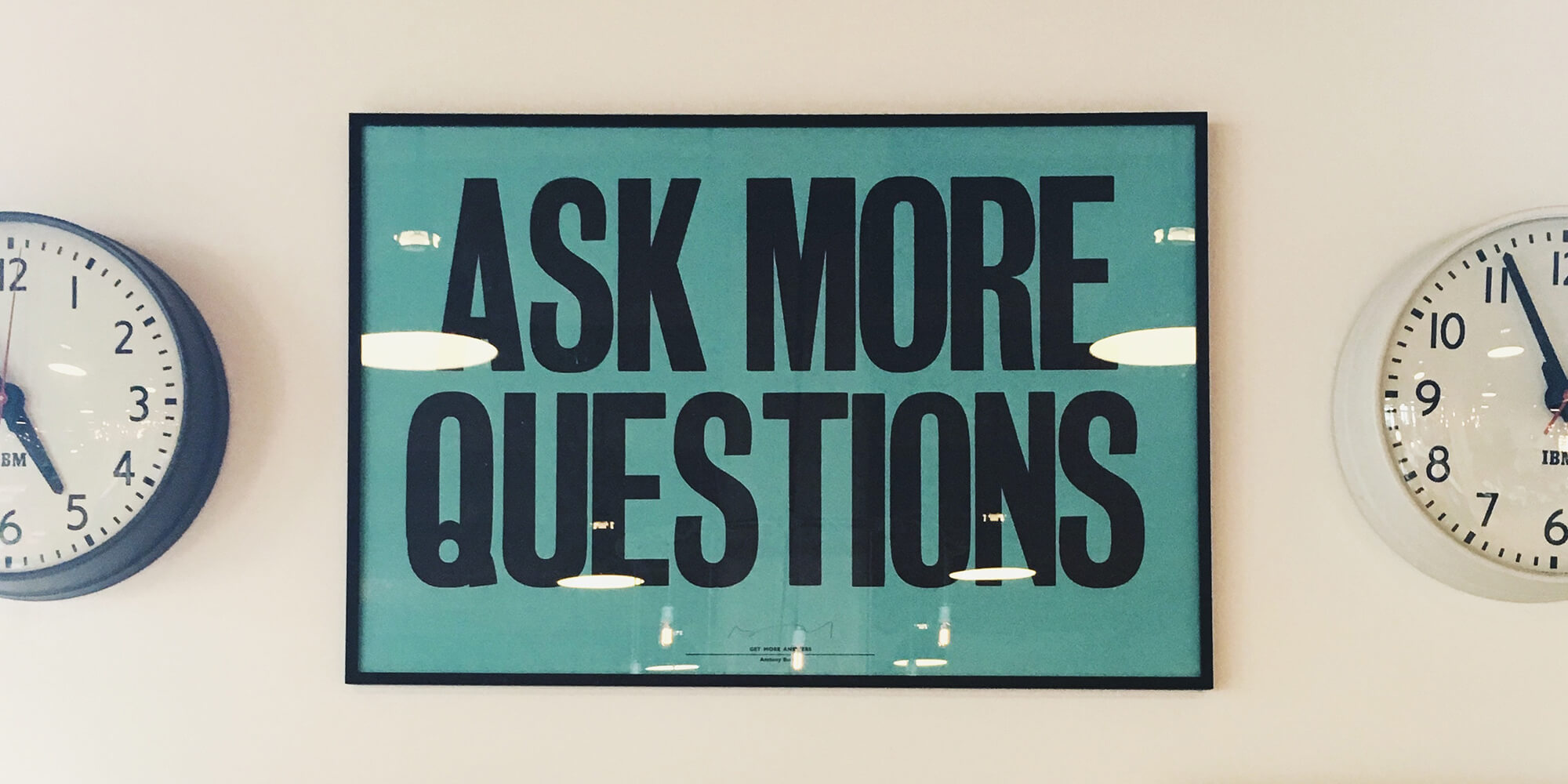I recently attended the Bromsgrove Conservative Association lunch, where Conservative MP and Secretary of State for Communities and Local Government Sajid Javid gave his candid views on why the Conservative Party had failed to increase its majority at the recent General Election, and, indeed, been left with a minority Government.
Much of what he said boiled down to fundamental failure to connect with the electorate, the message was wrong, the channels were wrong and in particular the party had failed to resonate with younger voters, something the opposition had clearly nailed.
The situation demands a communications rethink. The voters made their choice, the advisors have gone, the party has retained its leader… for now. The uncertainty of the political landscape makes a communications review pressing. The next election may happen in 2022, but in these unpredictable times, it may be earlier, so preparation is key.
As the Rt Hon Sajid Javid told his audience, you can’t respond to the Left’s courting of young people at festivals and on social media, with a response on News at Ten. The rules of engagement have changed.
The thing is they are always changing, and yet, the fundamental questions will always remain the same. Who do you want to reach, what do you want to tell them, when do you need to start, where are the best places to find them, how are you going to reach them and why should they care? Common sense questions that need asking now, next week, next month, next year. It is just that someone, somewhere forgot to ask and keep asking.
The often-alarming narrative of politics over the past 18 months has certainly increased political engagement. According to the latest figures, which don’t include the Conservatives because they don’t publish them, more people are joining political parties, and more people voted in the last election than at any time in the past 25 years. People are interested, which is great, but how interested? And how can parties make it work for them, not against them.
A colleague told me the other day that consumers now have an 8 second attention span, less, apparently, than a goldfish, but in such shallow waters, political sharks will swim. Enter fake news, the roller coaster that is Twitter diplomacy, and of course, unfounded claims on those dastardly memes.
If you take Brexit as an example, most people are already bored – “wake me up when it’s over please”, “if I have to hear one more word about Brexit, I’ll scream” – I am sure everyone has heard similar gripes.
Trolling and the often negative narrative about Brexit will certainly turn people off, as will the complex legal and economic arguments. There are no simple answers to complex problems and the inevitable statistics and counter statistics, legal arguments and economic debate, will ultimately pale into wallpaper, and the story that will resonate will be the human story.
As the inevitably of Brexit rumbles on, I am increasing listening to all the individuals, the farmers, the entrepreneurs, the health workers, the employers, the great, grand mosaic of the British public, is trying to make sense of how it will affect them. I don’t know if the Peak District will turn into shrubland when all the farmers go broke, or the fruit will rot in the fields when British workers refuse to pick it, or trade with America and the rest of the world will deliver long-term economic stability and wealth. At this stage in the game, the only thing that is certain is that change will happen.
Yes, people, especially engaged people want answers, but there are no simple answers. That’s why when the Conservatives chose Brexit as their vote winner they were in tricky territory.
If you really want to keep people engaged you make it personal, you make it relevant and you make it honest. And the default starting point is to listen and listen well, only then will you find the crucial eight seconds that will signpost the rest of your story.
